Adult Health Occupation Evening Courses
CPR - The CPR course is designed for individuals who work in the healthcare field. Students learn first aid, basic cardiovascular life support skills for the adult, infant and child cardiac arrest victim. Students are instructed in the use of an automated external defibrillator (AED), and the use of pocket mask and bag valve mask for ventilations.
This course is mandatory for all health programs at MTEC.
Participants receive a 2-year certification card. For more information visit http://cpr.heart.org.by the Shirley M. Kimble Training Center.
We can also arrange classes at your business or establishment please call MTEC at 304-291-9243 and ask for Michael Johnston
EMT - The course is provided by the Shirley M. Kimble Training Center. Applicants must be at least 18 years of age. The course is an 150 hour D.O.T Approved E.M.T. Basic Provider Class that will prepare you for the WV or National Registry EMT Basic Exam. EMT-Basic training programs teach students the knowledge and skills to provide basic emergency medical assistance to people in need. Students learn to use emergency medical equipment such as suction mounts, neck immobilizers and splints. The course includes your text book. The course fee DOES NOT include testing fees. For more information please visit WV Office of Emergency Medical Services
Medical Lab Tech. - The fundamental duties of a lab tech. are to perform medical laboratory tests for the diagnosis, treatment, and prevention of disease. Clinical laboratory technologists and technicians set up, calibrate, and maintain the microscopes, cell counters, and other equipment they use. Maintenance includes troubleshooting, cleaning, and testing sterility to ensure quality control.
Medical Terminology - To understand utilize and demonstrate an understanding of basic medical terminology is the objective of the class. The students will also learn to differentiate the root, prefix and suffix parts of words and to correctly define the meanings of medical terms. When the class is held during the fall or spring, the class will meet once per week for 15 weeks. When this class is held during the summer time, the class well meet twice a week for 8 weeks.
Book needed
Medical Terminology Express ISBN-13: 978-0803640320
Medical Math - This course is designed to teach the fundamentals of mathematics as it relates to nursing practice and drug administration. The class will be interactive and student participation is encouraged. Students will work individually and in small groups to complete tasks and perform mini-labs. When the class is held during the fall or spring, the class will meet once per week for 15 weeks. When this class is held during the summer time, the class well meet twice a week for 8 weeks.
Book needed:
Medical Math – Henke’s Med-Math Dosage Calculation, Preparation & Administration ISBN-13: 978-1608317998
Phlebotomy - The primary function of a phlebotomy technician is to obtain patient blood specimens by venipuncture or microtechniques. In this course the students will complete training that includes 50 successful venipunctures and 10 successful microtechnique punctures before entering the clinical experience.
Course Topics:
Draw blood from patients
Verify a patient's or donor's identity to ensure proper labeling of the blood
Label the drawn blood for testing or processing,
Assemble and maintain medical instruments such as needles, test tubes and blood vials
Use of techniques of regular venipuncture, butterflies, syringe setups, urinalysis dipsticks using reagents strips, stool testing, and other diagnostic testing
HIPPA rules and regulations, JCAHO rules and regulations
To become fully certified, the person will need to pass a national exam through the accrediting agency.
The exam fee has an estimated cost of $130.00 and is not included in cost of the class.
Sterile Processing Tech. - Prepare students to succeed on the certification examination to become a Certified Registered Central Service Technicians (CRCST).
· Provide students with the skills needed to create and deliver sterile supplies before, during, and after surgical procedures.
· Stress the practical skills used in all the sterile processing areas.
· Provide protocols used to clean, sterilize, store, inspect and present equipment used in surgery.
· Provide students with hands-on experience prior to program completion.
· Learn point-of-use processing.
To become fully certified, the person will need to complete 400 hours of clinical experience and pass a national exam through the accrediting agency.
The exam fee has an estimated cost of $130.00 and is not included in cost of the class.
